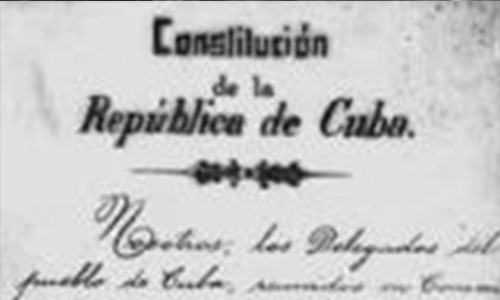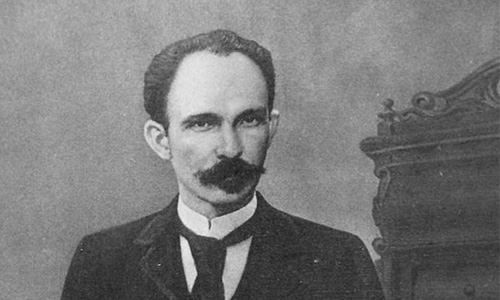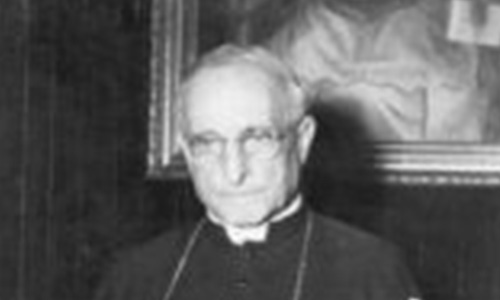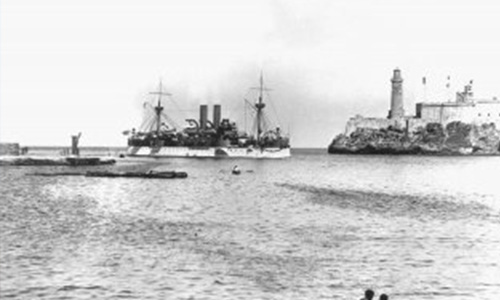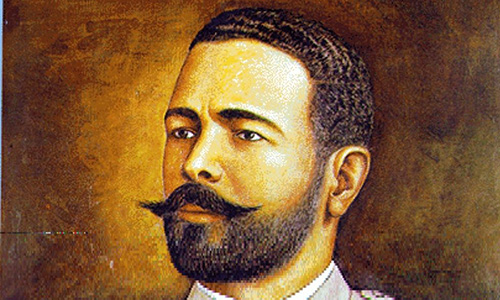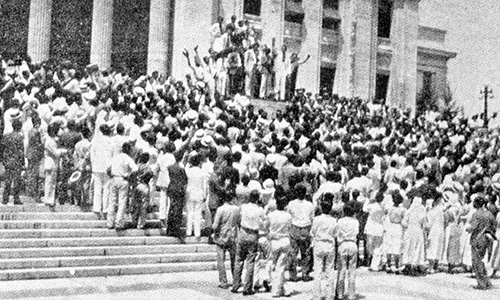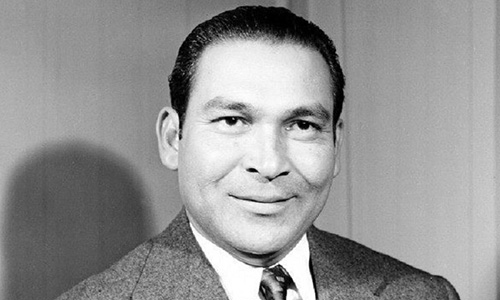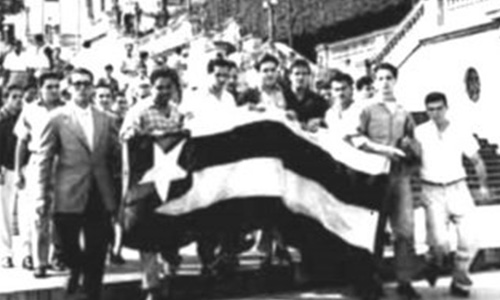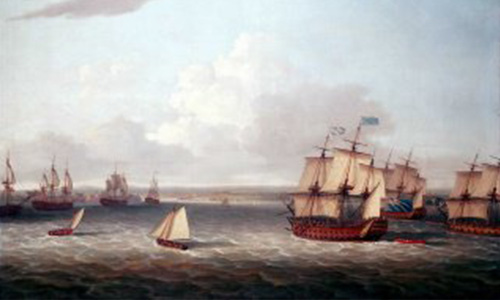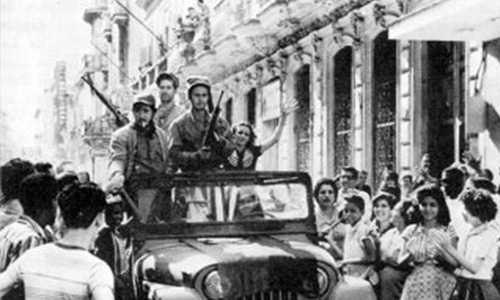This Day in Cuban History – February 3, 1934. Article 38 of a new constitution extended the suffrage to Cuban women.
Cuban feminists had actively campaigned for the right to vote since the first days of the Republic. By the early 1920s, universal suffrage had become the unifying flagship issue among a full spectrum of social and political positions held by Cuban women’s associations throughout the island nation. This activism linked women to the political crisis […]

